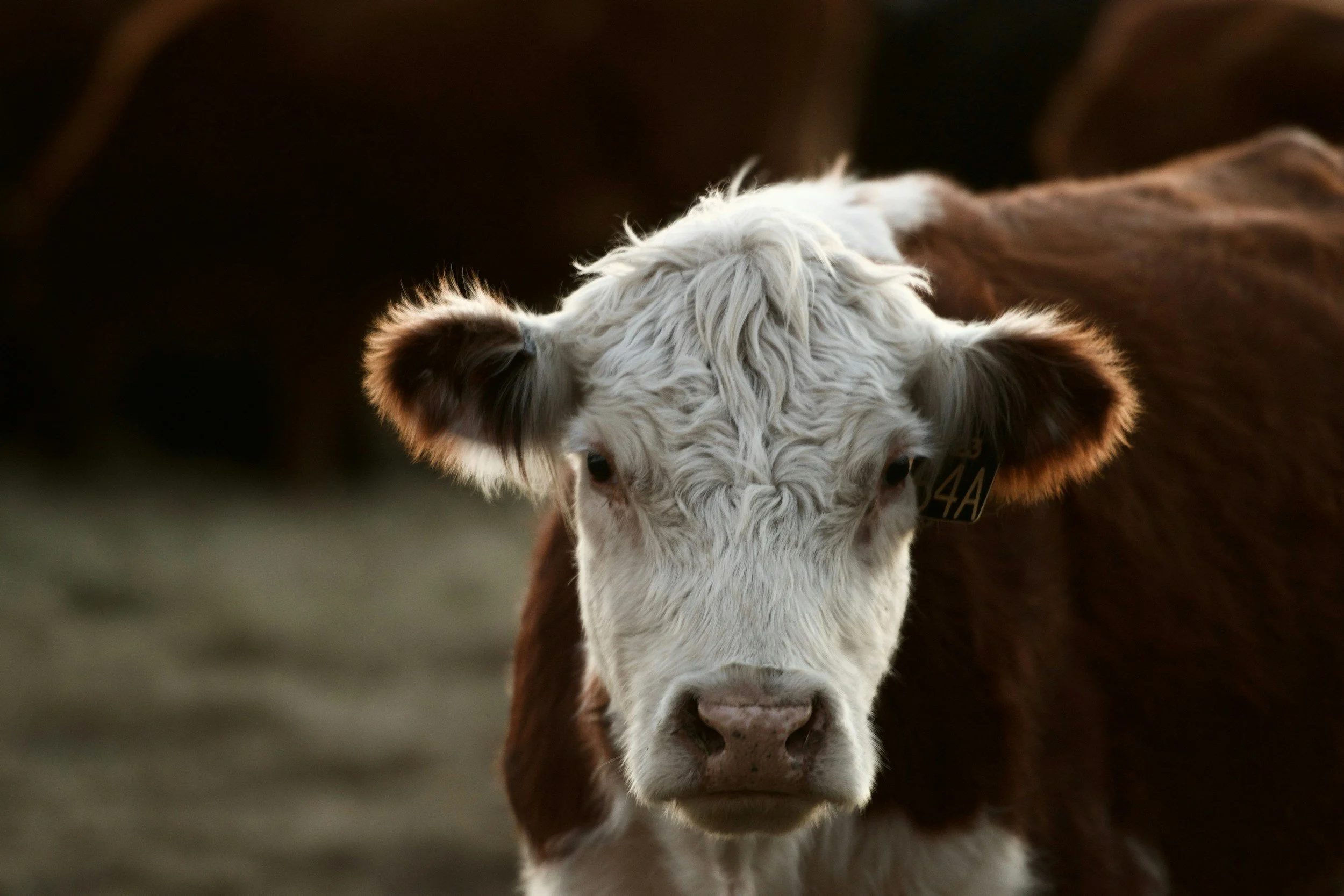Prestigious London university launches world’s first department dedicated to animal sentience
The Centre for Animal Sentience at LSE will develop the understanding of how animal minds work to help inspire new policies and laws to help care for them.
One of the UK’s top universities is launching a centre dedicated to the study of animal sentience.
The London School of Economics and Political Science (LSE) has described its new Centre for Animal Sentience as the first of its kind in the world.
Sentience is ones capacity to experience feelings and sensations like pleasure, pain, hunger, excitement. While it may now seem obvious that animals experience pleasure and pain, it is generally only in the last few decades that governments have recognized their sentience in legislation and laws.
At LSE’s centre, work will focus on developing new scientific approaches to studying the feelings of animals, with the results aiming to help improve policies, laws, and ways of caring for animals.
By increasing our understanding of the complexities of how animals experience their lives, there is hope that we can continue to introduce and strengthen policies to lessen or eliminate animal suffering.
Set to launch in autumn later this year, the centre will cross disciplines and incorporate everything from philosophy, economics, and law, to veterinary medicine, computer science, and artificial intelligence.
Professor Jonathan Birch, of the Department of Philosophy, Logic and Scientific Method at LSE, will be the Centre’s inaugural Director and has high hopes for how the course can inspire positive change for animals.
“Let's make a world in which all sentient beings are respected, even the smallest ones. Let's make a world where AI is used to benefit all animals, not to facilitate cruelty. Let's make a world in which people are empowered to act in accordance with their love of other animals rather than being nudged towards indifference,” Professor Birch said ahead of the Centre’s launch.
Previous work from Professor Birch has already helped create landmark legislative change. His team’s extensive research which collected evidence of sentience in molluscs and crustaceans like octopus, lobsters and crabs led to the UK’s Animal (Welfare) Sentience Act to be revised to include these animals.
Such developments require long-term research, which the Centre hopes to develop within some key areas of interest. Three initial priorities include exploring how AI can benefit and endanger animals, the sentience of the smallest invertebrates, and how psychology can help us shift people’s choices to make kinder decisions for animals.
Jeremy Coller, a philanthropist whose namesake foundation has sponsored the Centre, said in a statement that he believes that the power of AI can help us unlock our understanding of how other animals experience their interactions with humans. In turn, a better understanding of how other animals feel and communicate will help us acknowledge our own shortcomings in how we treat them, he added.
“This will not be ivory tower research done for its own sake—we want to change the way humans relate to the rest of the natural world,” Professor Birch concluded. “Some might say this is an impossible dream, but the boundary between the ‘possible’ and the allegedly ‘impossible’ is one we aim to move.”
For more on animal sentience, listen to the Species Unite podcast episode where we recently chatted with Professor Jonathan Birch about his work and new book, The Edge of Sentience. Listen here.
We Have A Favor To Ask…
Species Unite amplifies well-researched solutions to some of the most abusive animal industries operating today.
At this crucial moment, with worldwide momentum for change building, it’s vital we share these animal-free solutions with the world - and we need your help.
We’re a nonprofit, and so to keep sharing these solutions, we’re relying on you - with your support, we can continue our essential work in growing a powerful community of animal advocates this year.






